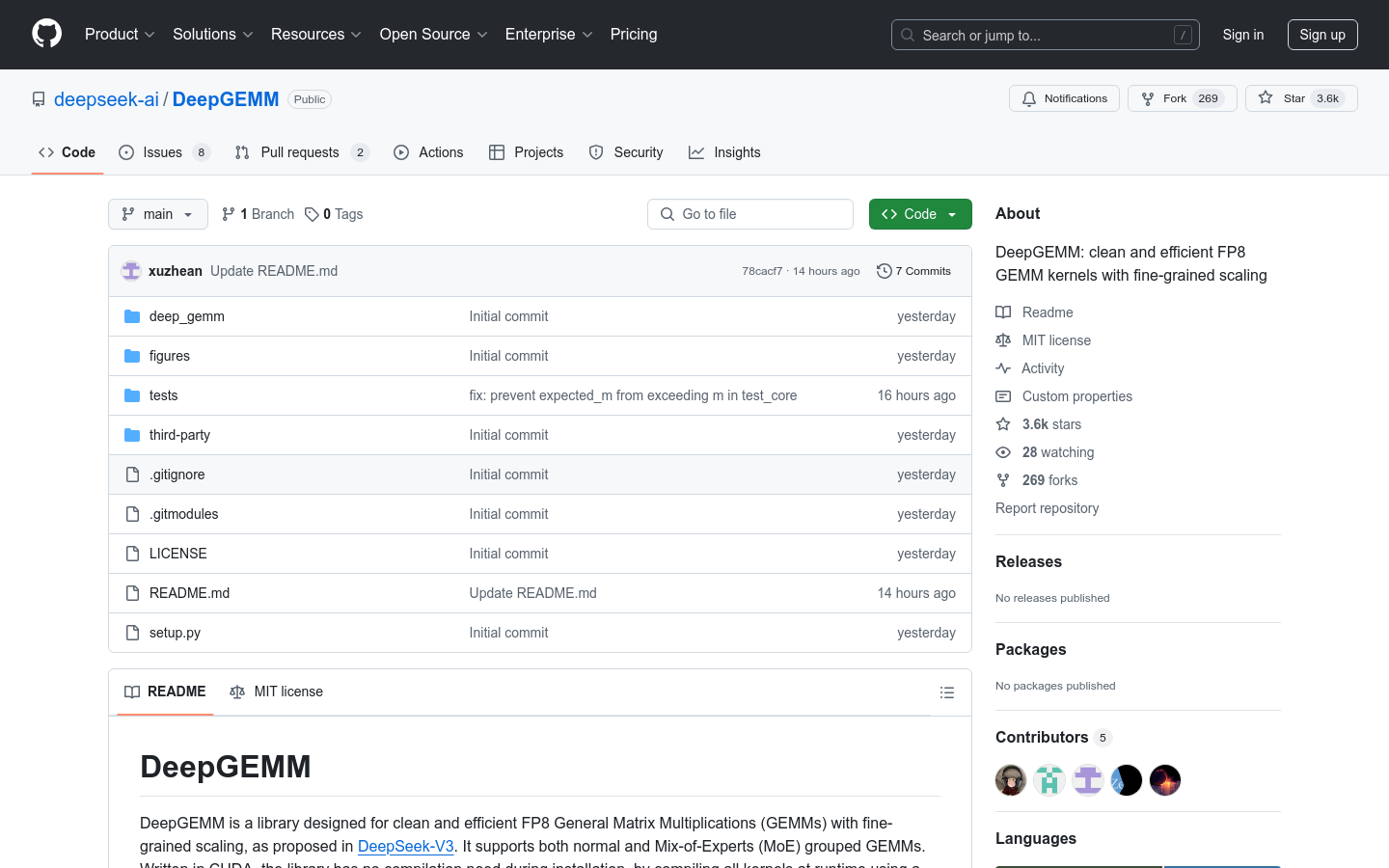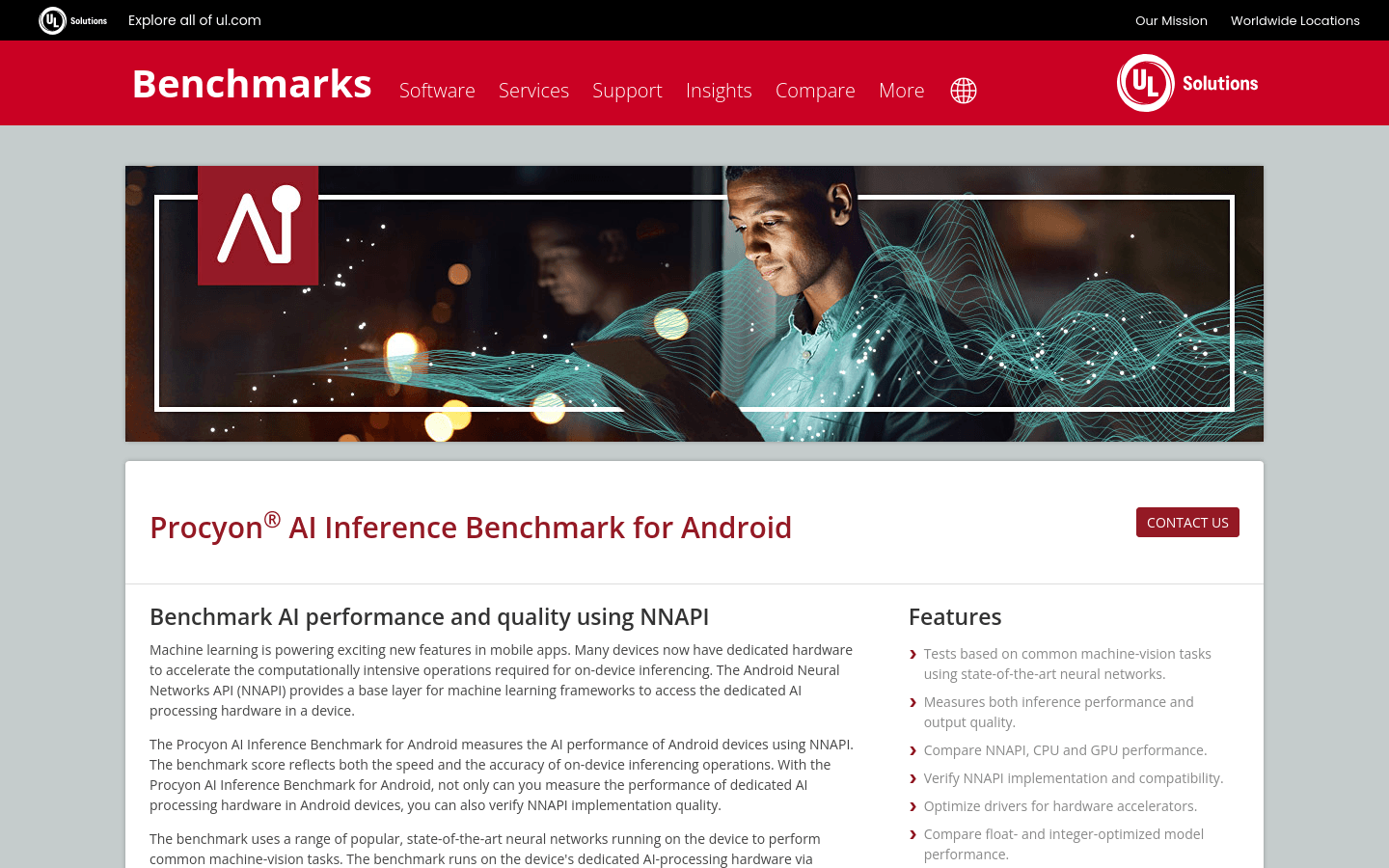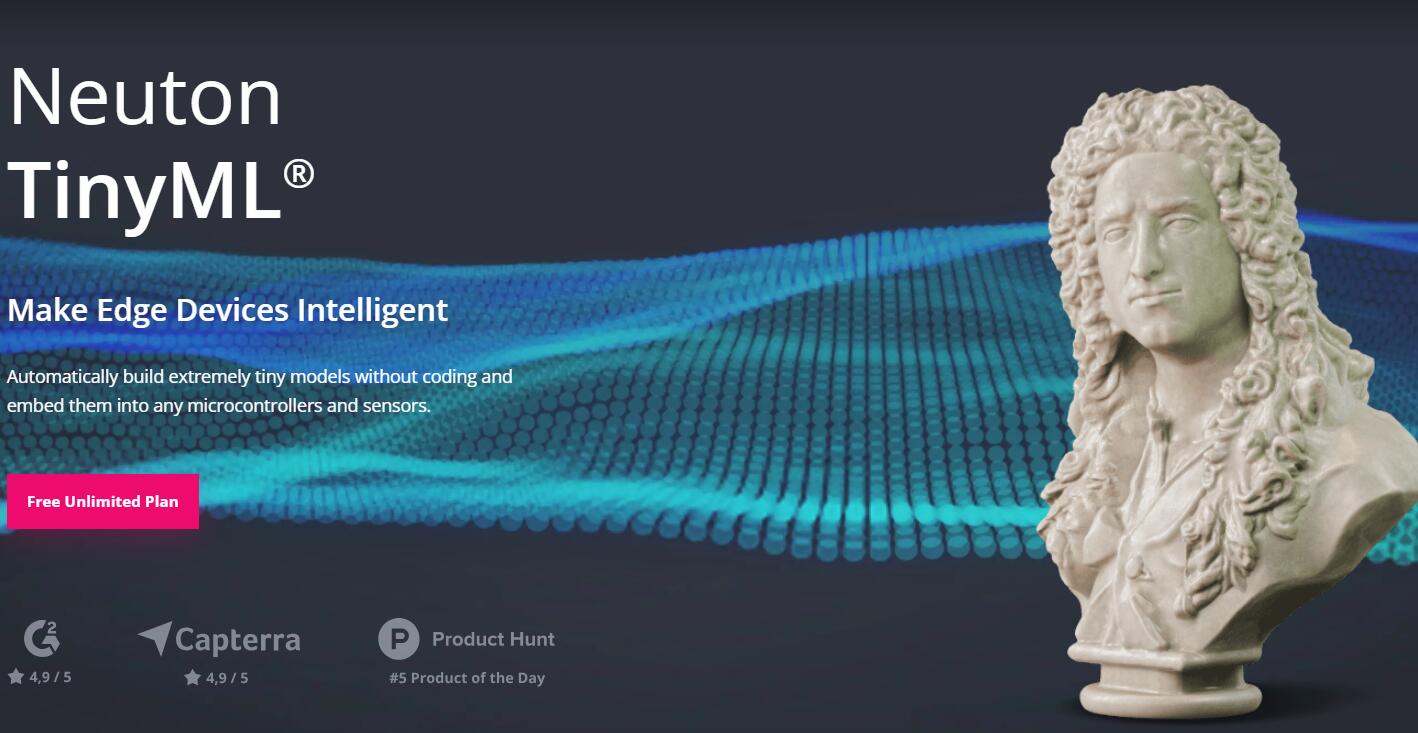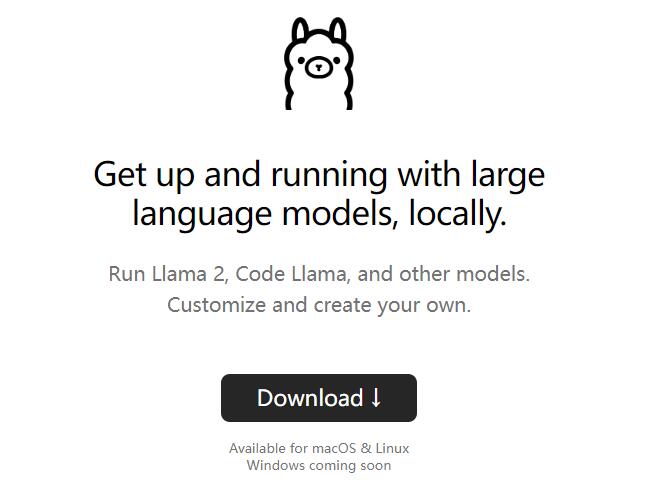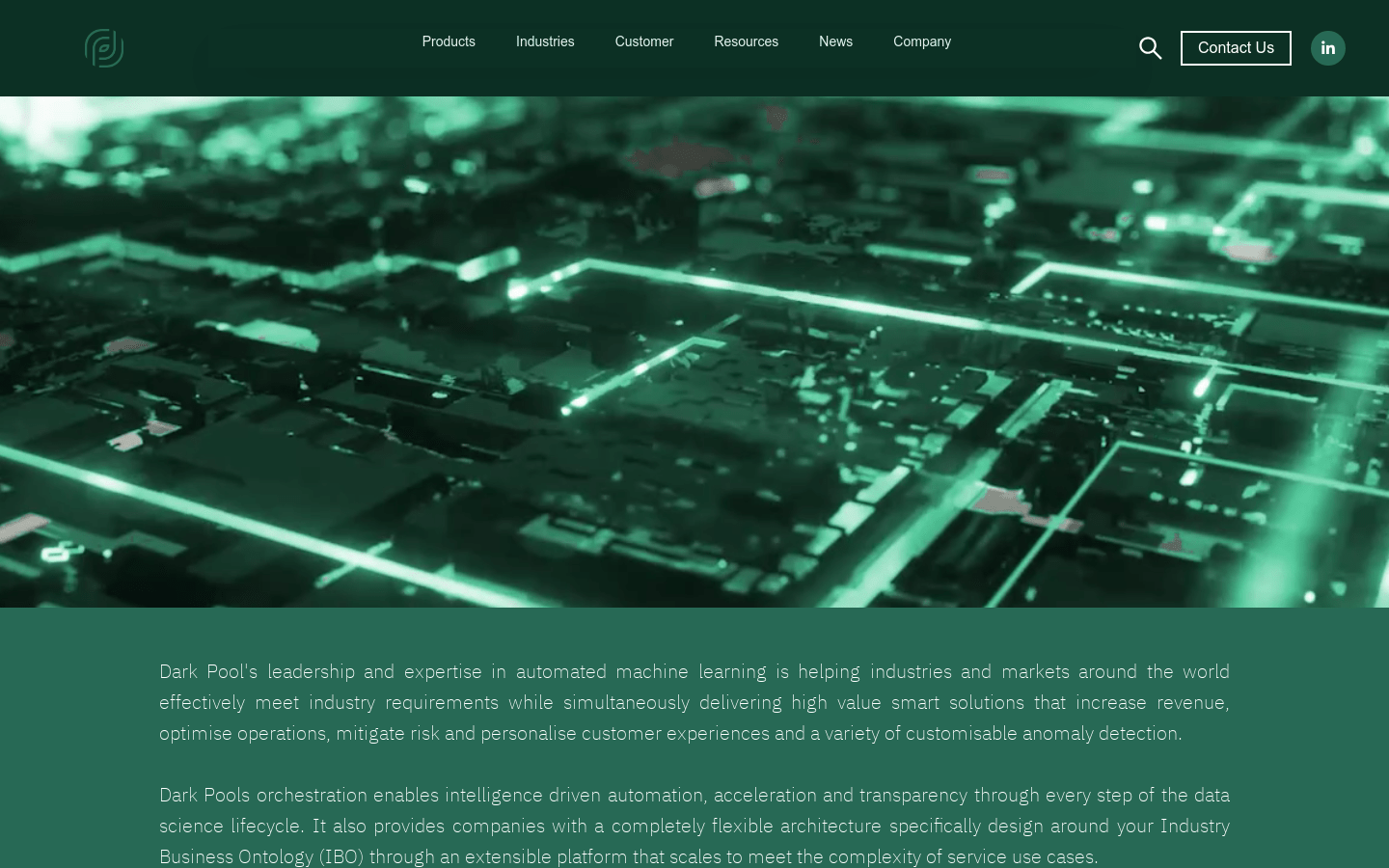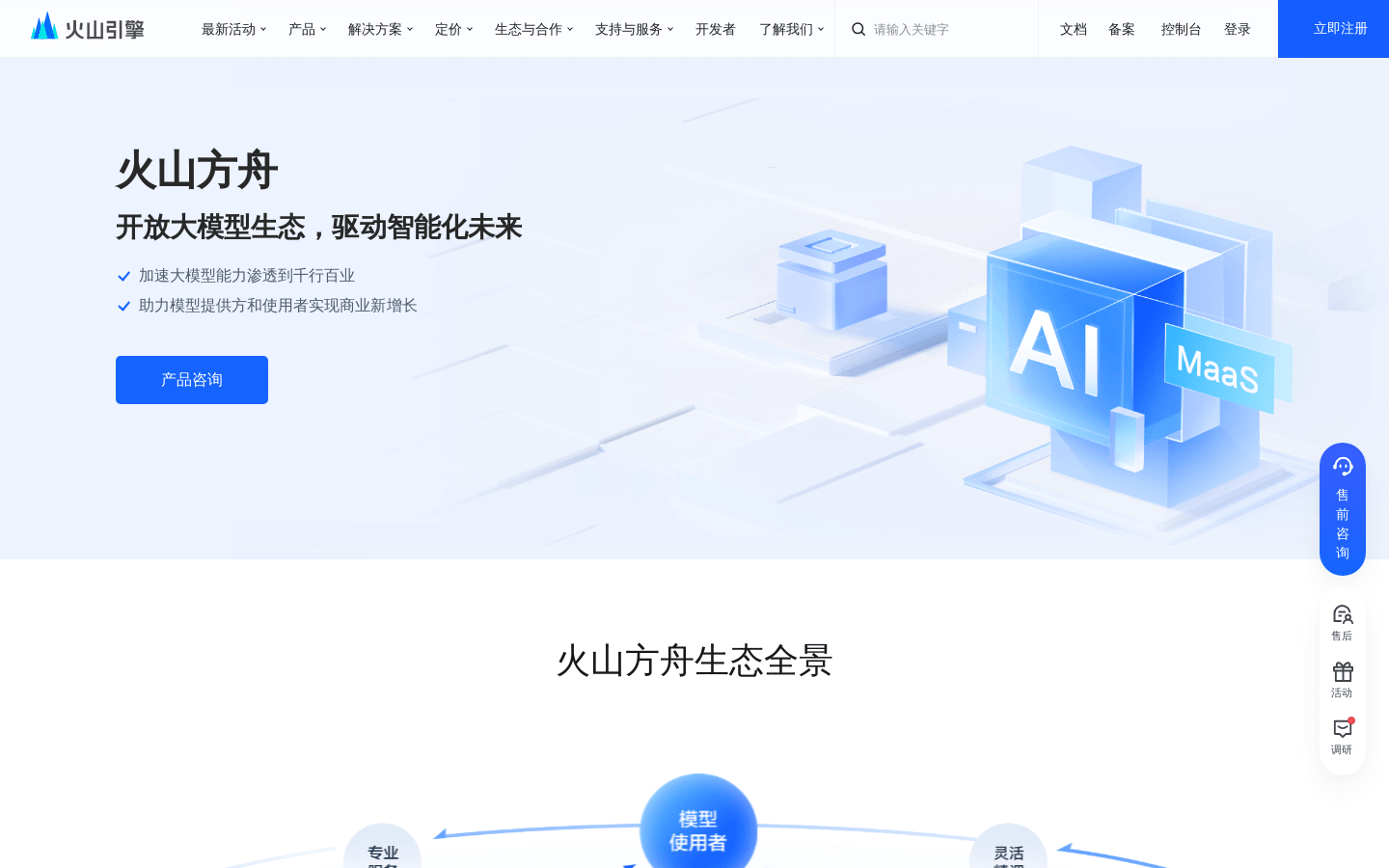🔧
other Category
Model training and deployment
Found 30 AI tools
30
tools
Primary Category: other
Subcategory: Model training and deployment
Found 30 matching tools
Related AI Tools
Click any tool to view details
Related Subcategories
Explore other subcategories under other Other Categories
🔧
Explore More other Tools
Model training and deployment Hot other is a popular subcategory under 30 quality AI tools





